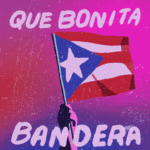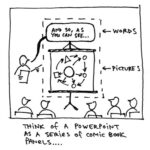#Elections 2016
 [Photo by Mid Day]
[Photo by Mid Day]
Social media, by this point, is not new. In many countries, social media has always been present in activities related to the electoral process. But in this election season, it’s played a bigger role in our politics than ever before. Platforms like Twitter and Facebook have transformed the way candidates interact with their constituencies. Social media gives candidates a direct line of communication to the American and Puerto Rican people, respectively. That’s a positive change.
On the bad side, social media allows individuals to spread opinions that are not always correct and which can have a negative effect in the public’s view of a candidate overnight. Also, candidates now have to live under the assumption that there is always someone capturing their actions to share with the world via social media. While this constant monitoring of candidate activity has brought more transparency to elections, it has also brought more sensationalism. In other words, social media became an essential tool for influencing public opinion and political participation in the 2016 elections of Puerto Rico and the USA.
People also used it as a tool to express their disappointment and discontent with the elections of Donald Trump as President and Ricardo Rosselló as Governor.
The use of social media has drastically changed how politics are fed to the public. In the end, this elections of 2016, have proved that the more in touch candidates are with technology, the more people they will reach. Understanding new technologies and trends is now a key part of connecting with voters and running a successful campaign.


